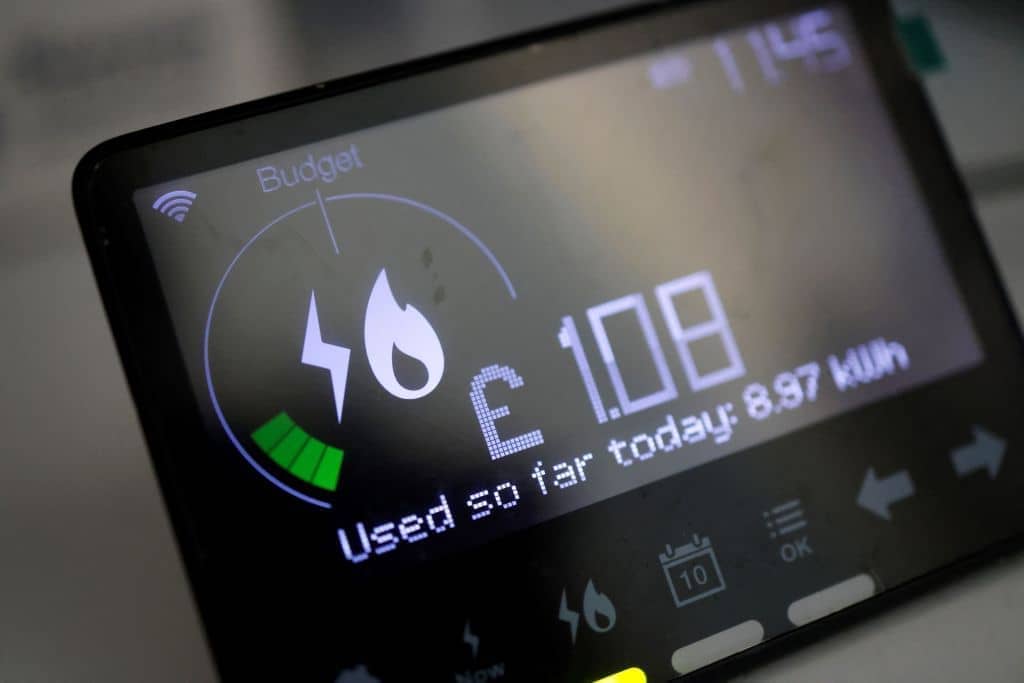Who doesn’t want lower electricity bills, and sympathise with households who will be unable to keep themselves warm this winter? But there is something rather missing from the Dutch auction between Keir Starmer and the two Tory leadership candidates over promises to help with household energy bills. What about businesses, whose gas and electricity bills are uncapped, and which face being forced into bankruptcy by surging prices?
Households may have seen their bills rise by 50 per cent since the beginning of the year, and face seeing them double by the end of the coming winter. But they do at least benefit from having politicians falling over each other to help them. The government has already promised a handout of £400 to all households (even wealthy ones) and met with energy companies last week to try to trash out a further deal. Starmer wants to keep prices at their current capped rate for a further six months, funded by a further windfall tax — this time backdated to January. Given Starmer’s record during the pandemic when he seemed to manage to get wind of government plans and suggest an identical policy himself before they could be announced it would come as no surprise if his scheme mirrors what the government and energy companies were discussing last week.
What about businesses, whose gas and electricity bills are uncapped, and face being forced into bankruptcy by surging prices?
Liz Truss and Rishi Sunak have already promised a VAT cut on fuel, and must be mulling their own response to Starmer’s policy, especially given a YouGov poll this morning suggesting that three quarters of Tory voters are in favour of Starmer’s suggestion. Yet neither Labour nor the Conservatives seem to care a jot about businesses who are facing far steeper rises in bills. UK Hospitality, the trade body for pubs, hotels and restaurants, said at the weekend that many businesses have already seen bills rise by 300 per cent – and that’s just for starters. The body warned that many establishments which limped through Covid face closure as a result.
As for manufacturing and heavy industry, not only is it facing higher wholesale costs, but it is having to pay ever-increasing carbon levies which no one in government or opposition seems interested in tackling. UK industry faces uniquely high bills. According to a report by UK Steel in February 2021, UK producers were at that point paying £46.60 per MWh for their electricity, compared with £28.74 per MWh paid by their French counterparts and £25.00 per MWh paid by German steelmakers.
If energy companies are unable to make a profit from their domestic customers, thanks to price caps and other measures, it is not hard to see where they are going to look to try to make up the difference: to their commercial customers. They already are doing this. My wife owns a holiday let which until recently was on a commercial tariff (that was once cheaper because it grouped a number of other properties together). Yet by the time we managed to switch to a domestic rate the commercial tariff was twice what we are paying on our home. Fortunately, in that case, we had the option of switching, but that choice isn’t available to most commercial premises.
Keir Starmer’s frozen price cap might conceivable help to keep you warm this winter. But that will come as little consolation if as a result you end up losing your job.







Comments